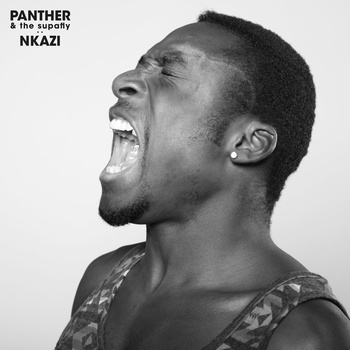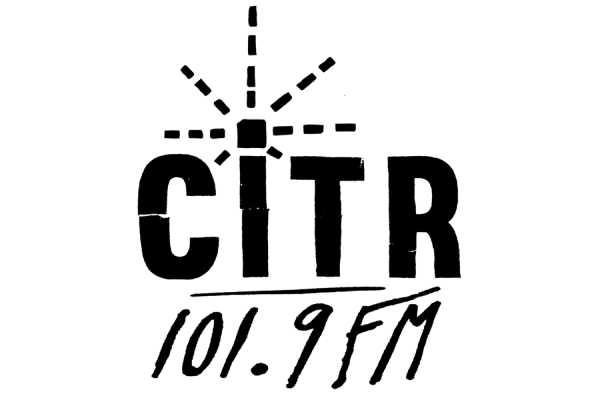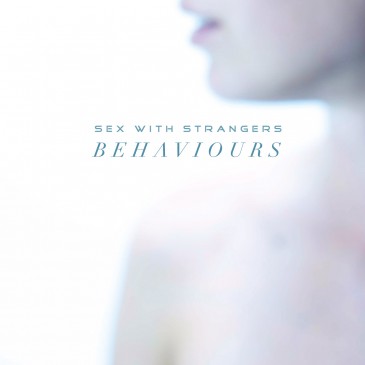Fiyah
Accra
(Independent)
Bare and honest, perhaps under-produced, Fiyah have a fire burning and are dancing around it in the fervent, cultic worship of a bass, drums and horns deity, the vocalists sermonizing for a lost reggae Moloch. They are absorbed in their performance, dedicated and intense, projecting a fanaticism for their style which makes a virtue of the album’s low production values. Accra’s 10 tracks are all either minimally mixed or one-take studio cuts. But at their best, the band feeds off of its own variations like on those fine old jazz recordings. This unbeliever then begins to bump and sway. “It’s so true,” I think, “synchronized movement is the rhythm,” and a bass line answers: “it is so.”
Pastor and preacher to the ceremony, the vocals are not chanting cycles, but carry an intellectual weight of opposite intent to the pelvis-oriented instrumental appeals.
Originating as a band in Ghana, Fiyah’s earnest vocalists Douglas Thistle Walker and Heiko Decosas are Christian souls of the C of E (Vancouver chapter) gone native on the dark continent and herein recorded murmuring heresies about the grace of sound from something like a low stage at seedy Club Mombassa, supported by a 6/4 rhythm, horns, keyboard and the occasional violin, and owing far more at this point to Babylon than to Westminster.
Freed from Cardinal regulation, these missionaries have become threadbare but content, like streetside evangelists who have surrendered to the impenetrability of their distracted audience and are spinning further and further into a theology of their personal associations. For example: “Feather and cord/ crave angelic motion/ to float through space and time. My vision is rusty/ but the edges still shine” laments sullied angel Thistle-Walker on “Addicted to Movement,” before calling “Escape, I said.”
The instrumental stable resembles nothing so much as a dance band slowed down and drawn out, its normal functioning artfully warped according to, perhaps, those unstable, non-dance hall iambic vocal cadences. The players are also often extremely good, particularly the drummer, and rather than being fazed by this unfamiliar element they appear freed by it to new forms of note-smithing. “Yo yo” Ankar (kit drums) and Kiki Gyan (keyboard) are not Herero ranchers sealed in tribal custom. They are more likely to invite you in to their nightclub, part of a modern Africa you may see soon enough on CNN but will find no trace of in the rural artifacts populating your record store’s “world beat” section.
There, as the band performs, perhaps one may spot President Mugabe arranging an arms-for-diamonds deal from the comfort of a padded booth, or dozing military irregulars on tuckered out from furlough. Dream on, sleeping Lost Boys, because although that well-oiled Browning .50 calibre will not help you against the British paras arriving at first light, it will be the continent’s soul which saves your children from its cruel history. And ours.
Mullein Buss




